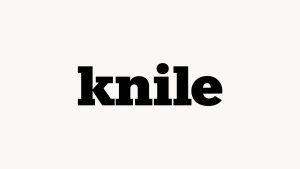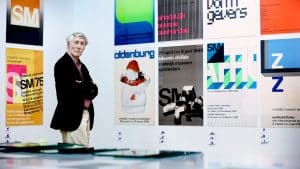The Pitfalls of Self-Awareness: The Dunning-Kruger Effect
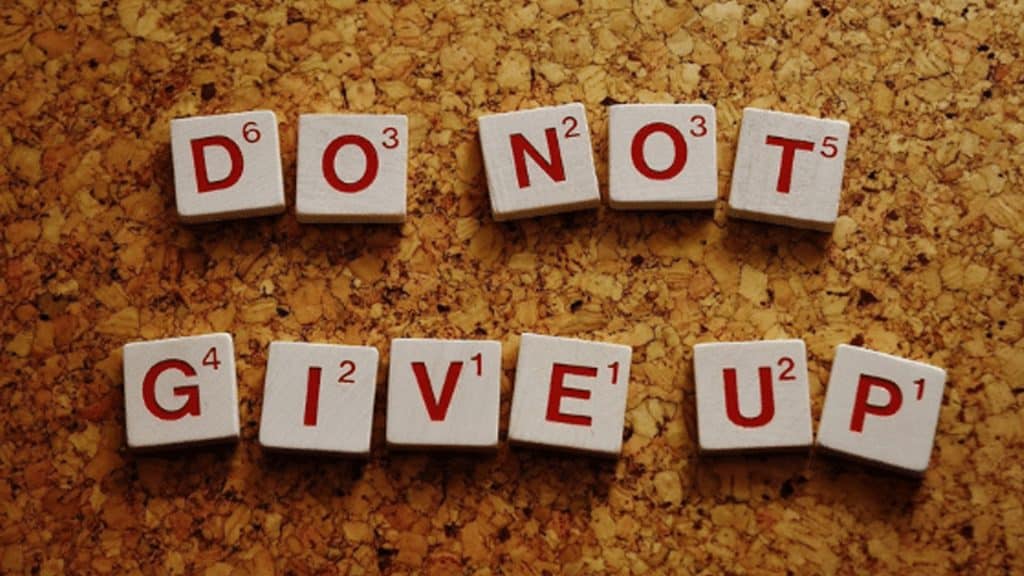
Creative business tips to kickstart your career as an artist, designer, or content creator.
As artists and designers, we often doubt ourselves and our abilities. Upon completing a project, we may experience a euphoric high, having emerged triumphantly on the other side of an internal trial and produced results we didn’t know we were capable of, only for everything to come crashing down the following week when we look at our work and realize we hate it.
It’s no wonder why we feel this way, what we do is vulnerable. We take the culmination of our knowledge and lived experience, put it into our work, and then ask the world to judge and measure it. Failures feel personal because our work is so directly connected to our inner selves.
Despite all the uncertainty and self-doubt it can bring, self-awareness is a good thing. Self-reflection is an important tool in our creative development and growth both as creatives and as people. Through this practice, we discover our strengths and weaknesses and develop a sense of where we stand in relation to others. Without self-awareness, we wouldn’t be able to properly assess our skills or which steps to take to improve them. There is a point at which too much self-reflection can be counter-productive, though. If we’re always focused on the things we have yet to learn, we’re unable to properly appreciate the things we already have.

This path we take on our artistic journey mirrors that of our journey from adolescence into maturity. Generally speaking, while we’re young, we’re blissfully unaware of our lack of experience, and having never been given the opportunity to face true failure, we possess unwarranted levels of confidence. As we mature and gain experience, we come to realize how little of the world we know and this humbles us. As it turns out, this same phenomenon occurs across the acquisition of any skill.
This is known as the Dunning-Kruger effect. The term was coined in 1999 by social psychologists David Dunning and Justin Kruger. Together, the two performed a study titled, “Unskilled and Unaware of It: How Difficulties in Recognizing One’s Own Incompetence Lead to Inflated Self-Assessments”.
Through the initial study and subsequent studies, we’ve come to see that at the onset of any task, beginners receive a large burst of confidence upon mastery of an introductory skill, only to have that confidence come crashing down with the realization of just how much there is left to learn.
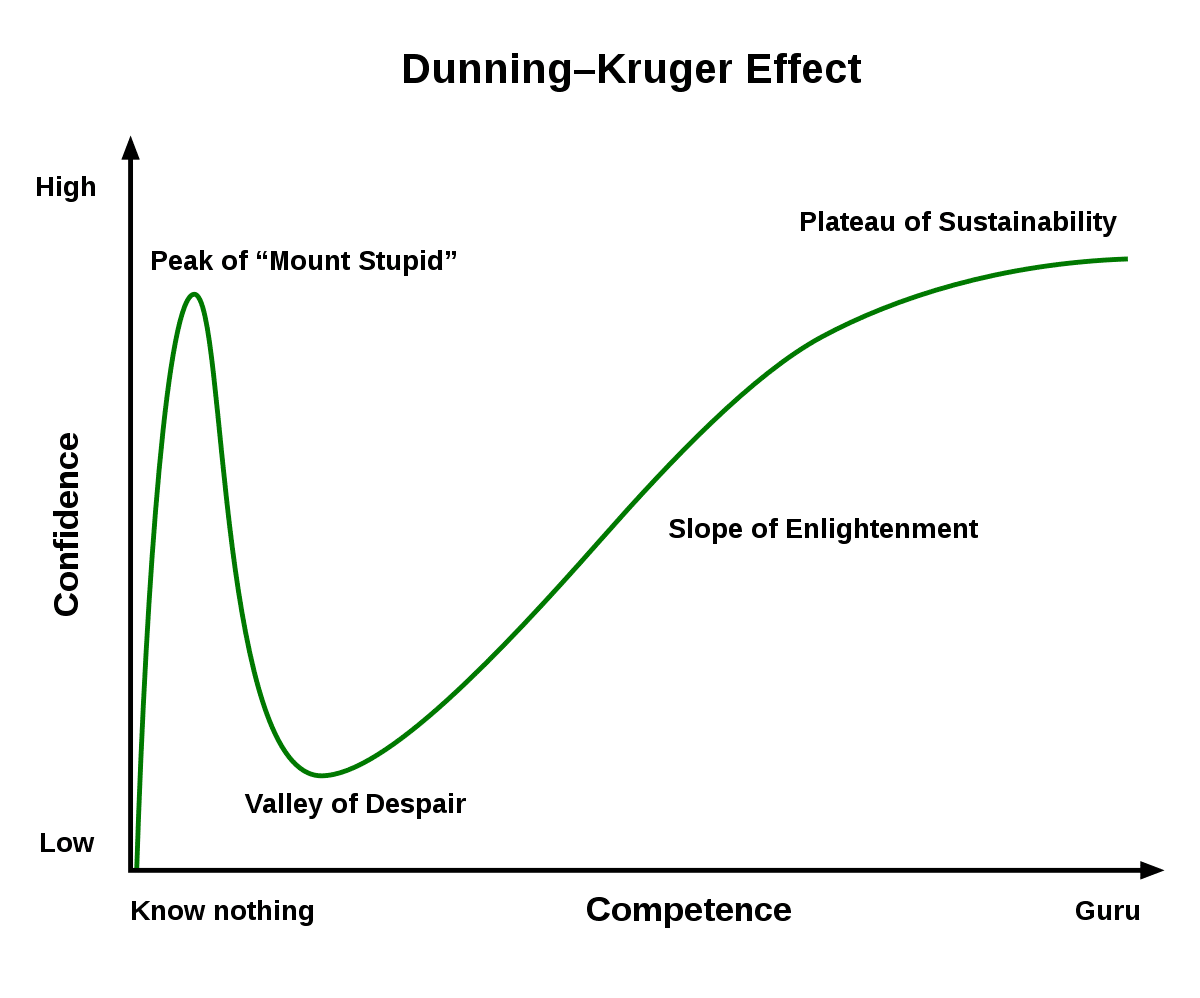
Real-world examples of this can be found everywhere. Whether it’s the handsome actor from a small town who moves to LA or the kid who was the best at drawing in his class heading off to art school. At one point, many of us realize that we were a big fish in a little pond, and this reality check can be harsh. But if there’s one key takeaway from this study it’s that confidence is not entirely dependent on competence and perspective can change the way we feel about ourselves.
Try to identify where along this chart you currently are. If you find yourself suffering from insecure thoughts or doubts when you sit down to work, well, that’s actually a good thing. These are just growing pains and they’re a sign that you’re past the so-called peak of “Mt. Stupid”. You’re well past the point of knowing nothing and you’re gaining competence by the day.
This is the fun part and where things can start to happen fast. Get out of your own way and just let the pieces start to fall into place. You’ll begin to realize the connections between all of those things you’ve been studying and you’ll reach the plateau of sustainability in no time. Regardless of where you are along the chart, you won’t be there forever, so try your best to enjoy the ride.
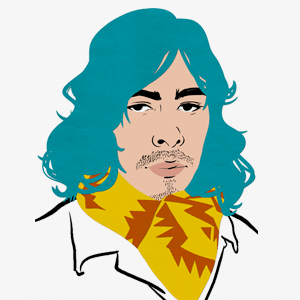
Taylor is a concept artist, graphic designer, illustrator, and Design Lead at Weirdsleep, a channel for visual identity and social media content. Read more articles by Taylor.
RELATED ARTICLES:
SESSIONS NEWS:
ENROLL IN AN ONLINE PROGRAM AT SESSIONS COLLEGE:






















